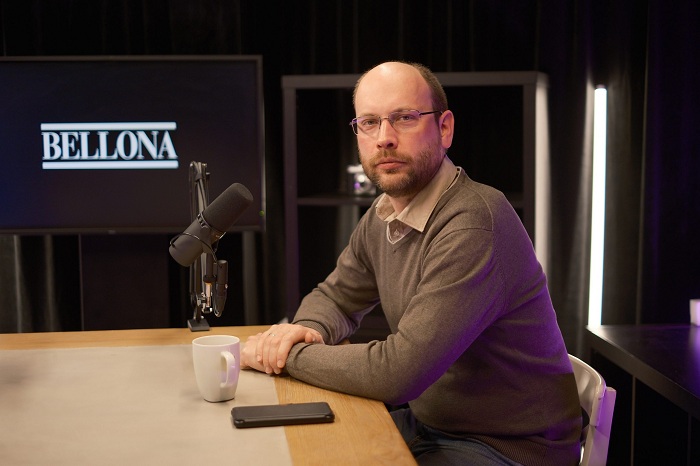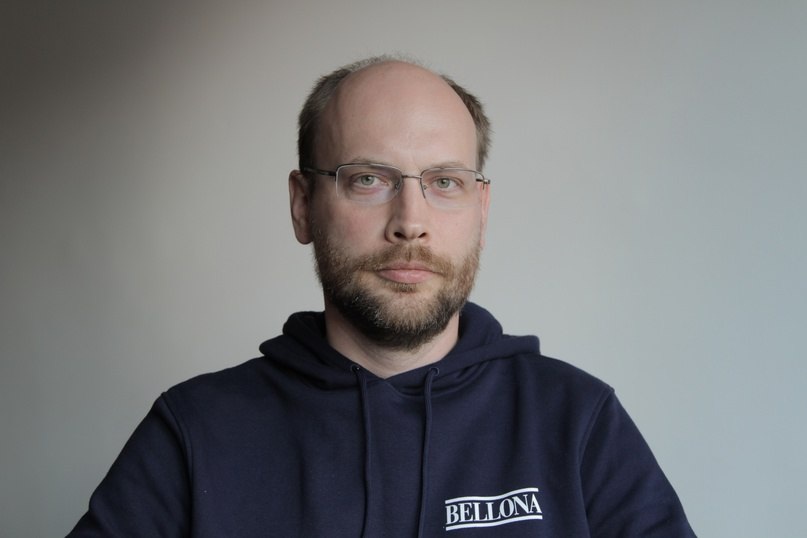The European Union spent €686 million on Russian nuclear fuel in 2023, doubling its imports
Experts from the Bellona Environmental Transparency Center have analyzed data from Eurostat and the UN Comtrade international trade service. The analysis of cross-border trade transactions showed an almost twofold increase (+80%) in the import of fresh nuclear fuel from Russia to EU countries. Supplies rose from 314 tons in 2022 to 573 tons in 2023 — correspondingly increasing transaction amounts from €280 million to € 686 million.
“This may indicate attempts by EU countries to replenish nuclear fuel stocks ahead of an impending period of uncertainty related to changing suppliers and potential supply restrictions due to sanctions or other escalations in relations with Russia,” says Dmitry Gorchakov, an expert with the Bellona nuclear project.
“In the next 5 years, due to the political situation and the war in Ukraine, the nuclear fuel market for reactors of Soviet design in EU countries will undergo significant changes. Most countries have already contracted with new nuclear fuel suppliers and are now simply stocking up to secure themselves until the end of the current contracts,” he added.
Only five EU countries purchase nuclear fuel for their nuclear power plants from Russia: The Czech Republic, Slovakia, Bulgaria, Hungary, and Finland. They are the most vulnerable and dependent on nuclear fuel supplies from Russia. These countries have 19 Soviet-designed VVER-440 or VVER-1000 reactors that were built during the Cold War period. In 2023, the Czech Republic doubled its purchases compared to the previous year, while Slovakia tripled them.

“The increase in purchases in Europe is also beneficial for the fuel supplier, the Russian state corporation Rosatom. In addition to revenue growth, the state corporation gains the opportunity to fulfill current contracts ahead of possible sanctions or restrictions from the EU,” added the Bellona expert.
At present, among the five countries listed above, only Hungary does not have clear plans to phase out Russian nuclear fuel and transition to alternatives. Representatives of the MVM Paks NPP (Hungary) said that they secure their fuel sufficiency at least for two years and constantly investigate possibilities to guarantee safe fuel supply.
Representatives of the Kozloduy nuclear plant in Bulgaria cited commercial secrecy when asked by Bellona about purchasing nuclear fuel from Russia. Representatives of Fortum Corporation (Finland) explained that they have a contract for fuel supply to Loviisa-1/Loviisa-2 from Russia that runs until 2027/2030. But they said that even before the war, Fortum had begun negotiations to switch to fuel from Westinghouse. Since November 2022, they have signed a corresponding contract for the development and supply of new fuel.
Bellona also sent inquiries to nuclear power plant operators in the Czech Republic, and Slovakia to confirm or refute the information from European and international statistical agencies, but has not yet received a response from them.



